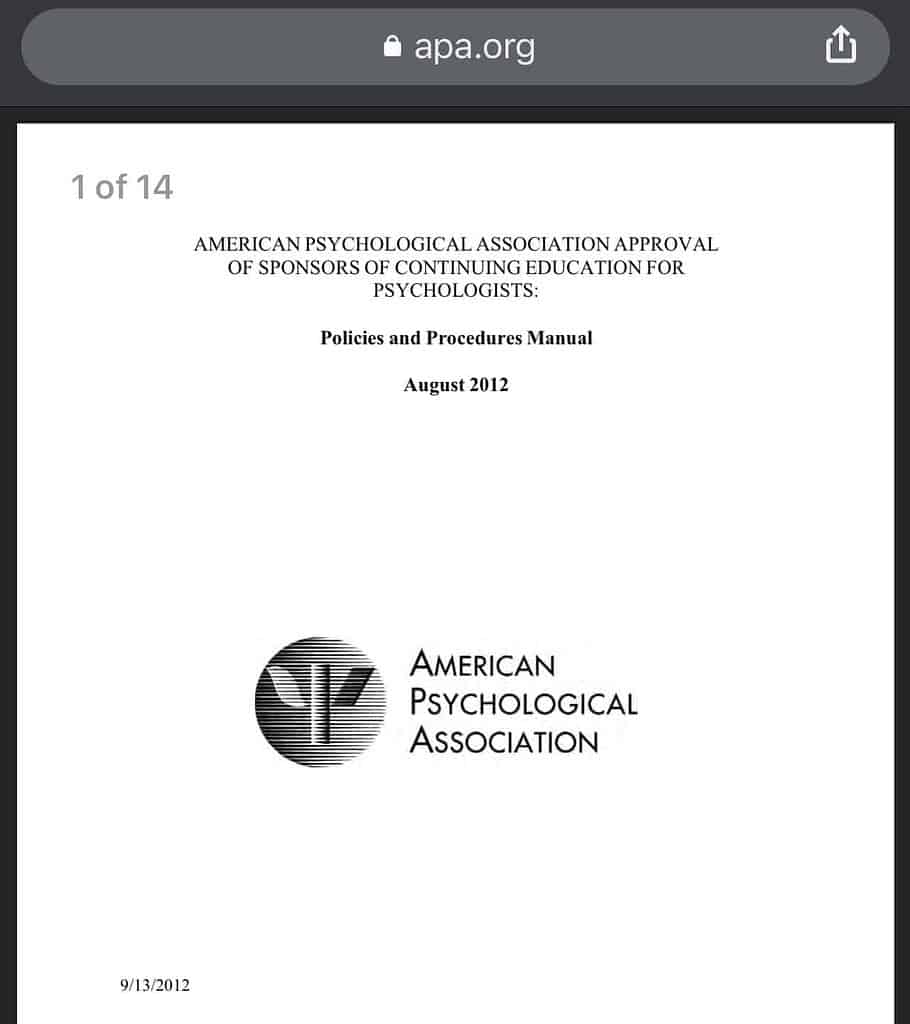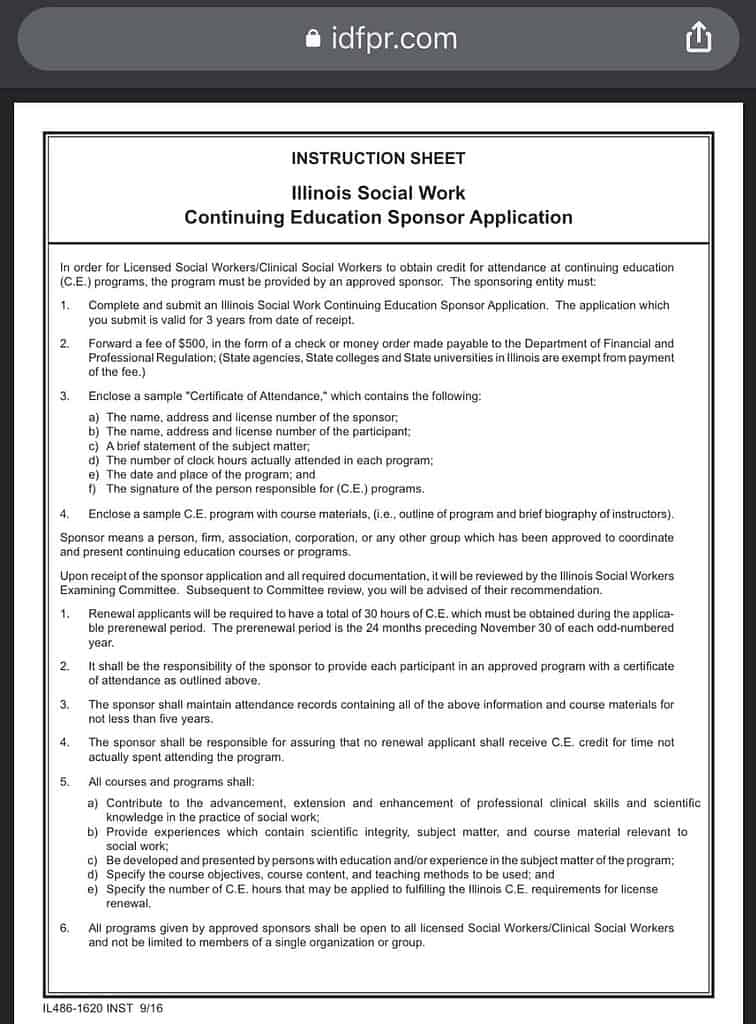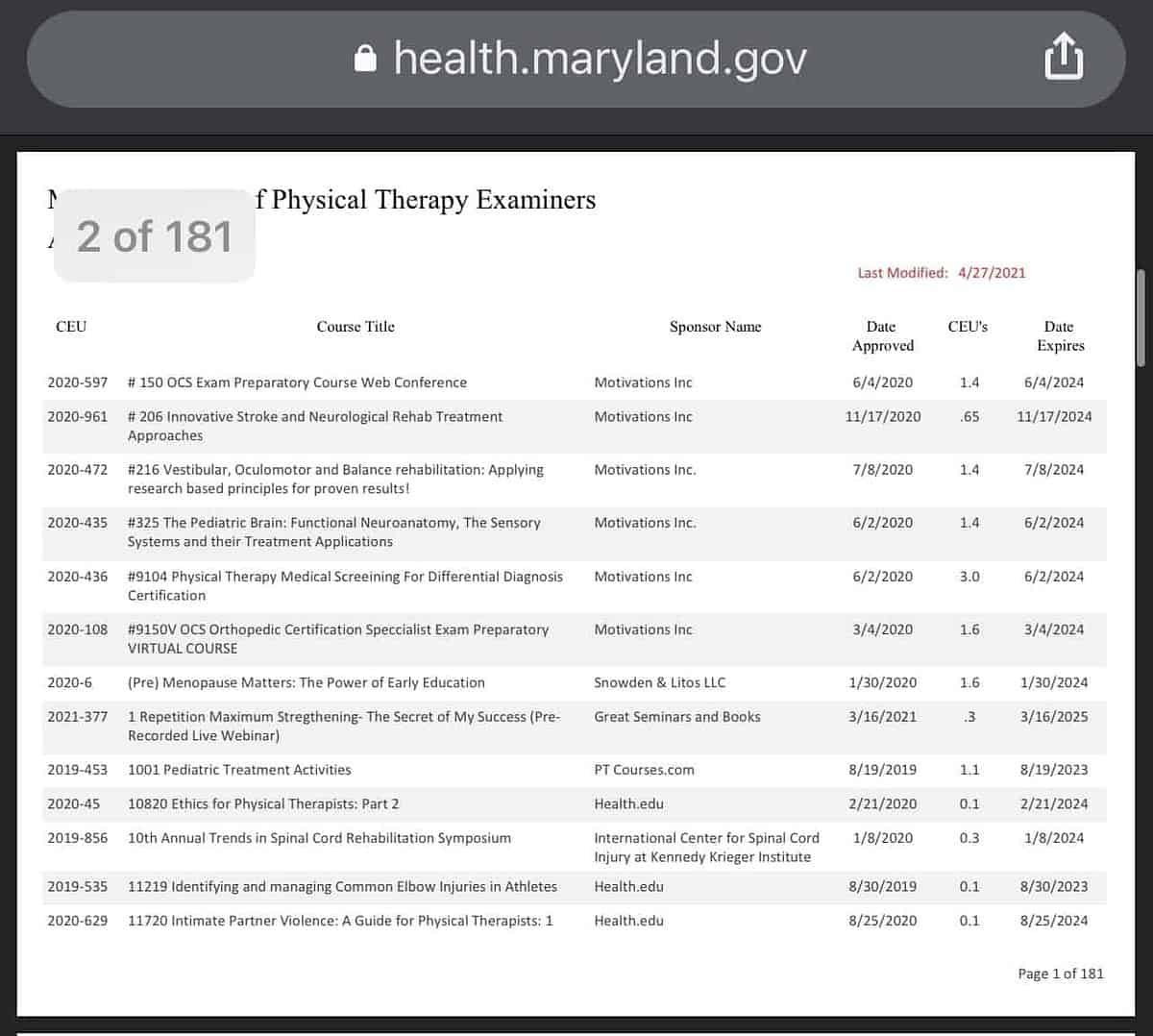Do you have a state-issued license or certification for your job? If so, you may need to complete classes to keep your license or certification current.
In this post, we will discuss how professionals use continuing education and training to stay current in their careers.
What is a CEU? CEUs defined
Continuing education units refer to the standard measurement of continuing education programs for certain professions. CEUs consist of 10 contact hours.
Contact hours refer to time spent in instructor-led discussion or work on hands-on projects and practice.
One continuing education unit consists of 10 hours of participation in a course or certification program.
CEUs vs CECs and CPEs
CEUs differ from CECs (continuing education credits) and CPEs (continuing professional education). CECs refer to the actual contact hours within a course.
CPEs, on the other hand, refer to continuing education credits for 50 minutes of contact hours, as opposed to a full hour CEC or ten hours of a CEU.
What you need – CEUs, CECs, or CPEs – will be determined by your profession and where you live.
Other terms related to continuing education include Professional Development United (PDUs) and Continuing Professional Development (CPDs).
Each will vary in terms of the amount of required CECs based on professional title and location.
What are the purpose of CEUs and continuing education for professionals?
CEUs and other continuing education requirements help professionals stay current in their roles.
If information and regulations rapidly change in your industry, like in healthcare and finance, continuing education ensures that you have the best information to serve your customers.
For those who are not required to take CEUs for their career, some still choose to pursue continuing education for the following benefits:
- It adds credibility to your business’s products or services.
- It boosts employer confidence in your skills on a resume.
- It helps you stay up to date with the latest trends and technology in your profession or industry.
- It gives you the prerequisite course hours needed for additional continuing education that could lead to licensure or certification.
Who needs CEUs & who is required to take CEUs?
A variety of professionals (based on their specific roles and state of residence) have to complete CEUs to renew their licenses or keep their certifications current.
Many of these professions fall under industries like healthcare, finance, education, business, and information technology. Here are some examples of specific professions and how requirements vary by state in the US.
- In Arizona, there are no requirements for RNs or LPNs to have CEUs. In California, both must have 3 CEUs (30 contact hours) every two years.
- In Connecticut, counselors need 1.5 CEUs each year. In Colorado, the requirement is 4 CEUs each year. That’s an additional 25 hours of continuing education.
- In Ohio, physical therapists have to complete 2.4 CEUs each license cycle. In Illinois, PTs have to complete 4 CEUs.
In addition to the number of CEUs, pay special attention to any additional requirements, such as courses that require sponsorship and CEUs that must fall under specific topics.
How much do CEUs cost?
The cost of a CEU is determined by the sponsoring organization or university. Some offer CEUs for free or as little as $5 per hour ($50 per CEU). Others can be $99 or more per hour.
In-person CEUs generally cost more than their online counterparts when available.
The overhead of maintaining a classroom/office space, plus teaching the same course on a regular basis is more of an investment than an online course because you only have to record a course once and can run it an indefinite number of times before the material needs to be updated.
If your board, state, or organization does not require hands-on practice or in-person supervision, choose an online course.
Where can you take CEUs for your profession?
When it comes to CEUs, check with your state or professional board/organization.
Most will have specific details on where you can obtain accredited CEUs that can help you renew your license or professional certification.
Can anyone offer CEU courses? How do I sponsor a course?
CEU courses often require sponsorship from a specific state, board, or organization to ensure that students receive credits that count toward their licensure or certification.
The American Psychological Association (APA), for example, offers detailed guidelines, policies, and procedures for anyone offering continuing education for psychologists.


The Illinois Department of Financial and Professional Regulation (IDFPR) has an online form for potential continuing education partners to apply to offer CEUs for licensed social workers.


The Minnesota Board of Peace Officer Standards and Training (POST) allows schools, agencies, individuals, and organizations to sponsor courses for peace officers.
Their website lists the documentation necessary to offer accredited CECs.
Maryland’s Department of Health provides an extensive list of courses that are approved for continuing education.


How do I create an online CEU Certification course?
Are you interested in creating an online CEU as a form of additional revenue for yourself or your organization?
Start by familiarizing yourself with any sponsorship or accreditation requirements in your location and industry.
Once you have done that, you can start fleshing out a course that meets the requirements of the board, state, or organization.
Next, consider offering an online course. Syngene Research predicts online learning will reach over 336 billion in 2026.
We have a checklist to help you get ready to launch a course.
Over half of graduate students reported having a better experience in their online classes versus their offline counterparts.
We also have in-depth comparisons of the best learning platform to deliver your course and engage with your students.
Selling continuing education and training
When it comes time to put together a continuing education program, you can create the highest quality program in the world. But if no one knows about it, you will be disappointed with the process.
Start with a search of the different niche topics and teachers already creating continuing education units in your industry.
That will help you think about the types of professionals you want to attract, and where you can find them.
Look at both college and online development sources that have international and national levels. You might even consider how you can sell your certification program to companies that want to provide credit to their employees.
Participation in an organized CEU program can help everyone from teachers, practitioners, and office workers. CEU certificates can increase people’s skills and help them find a new job.
So don’t be shy in marketing your continuing education unit CEU, it is a valuable resource.
That’s the gist of Continuing Education Units CEUs
Now you know what a CEU is, and that continuing education program credits are all about getting 10 contact hours.
You may want to visit the international association for continuing education.
If you can provide capable direction and qualified programs, you can design your own certificates to help others gain more skills.
The right technology can help, and you can sell CEU programs from your own site once it is created.
Organized continuing education credits may seem daunting, but once you’ve begun the process to become a provider, you’ll be glad you did!



